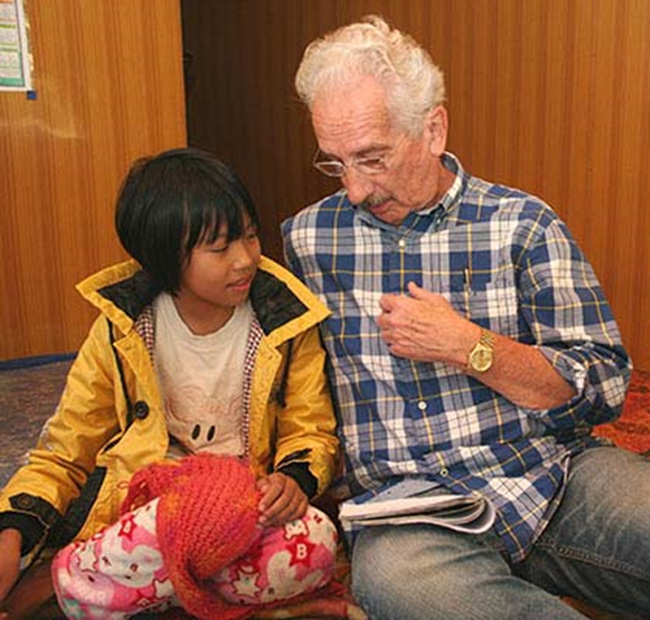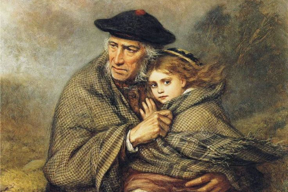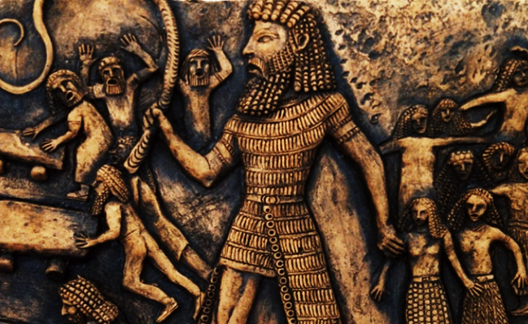Beethoven’s, Shakespeare’s, and Mine
In a recent article about Beethoven, I mentioned the film Immortal Beloved and that Beethoven was in love with his immortal beloved. However, there is a long list of his possible lovers. It seems that all the musical authorities have their guess who that mysterious person was. Even though I taught art history for years, I don’t recognize their names or whether they were musicians.
What is fascinating is that Beethoven is the world’s greatest composer of all time. He was a product of the German Romanticism. Nevertheless, William Shakespeare paralleled Beethoven’s life in many ways. Shakespeare wrote over 154 sonnets, two narrative poems, and thirty-eight plays. And Sharpeare shares the stage with Beethoven in worldwide acclaim: Beethoven in composing music and Shakespeare in writing.
Shakespeare’s other similarity with Beethoven is due to the English version of the immortal beloved. This is Sonnet 18 addressed to her.
Shall I compare thee to a summer’s day?
Thou art more lovely and more temperate:
Rough winds do shake the darling buds of May,
And summer’s lease hath all too short a date:
Sometime too hot the eye of heaven shines,
And often is his gold complexion dimmed,
And every fair from fair sometime declines,
By chance, or nature’s changing course untrimmed:
But thy eternal summer shall not fade,
Nor lose possession of that fair thou ow’st,
Nor shall death brag thou wander’st in his shade,
When in eternal lines to time thou grow’st:
So long as men can breathe, or eyes can see,
So long lives this, and this gives life to thee.
So, that raises the question of who Shakespeare’s immortal beloved was. Whoever she was, she was better than “a summer’s day.” Shakespeare was born in Stratford-Upon-Avon in 1564 and died 52 later. Interestingly, Beethoven died at 56 and never was married. However, we know that Shakespeare married Anne Hathaway. That raises the question, why didn’t Shakespeare begin his Sonnet 18, “Anne, shall I compare thee to a summer’s day?”
That is the backstory. While in high school, all the students had to memorize a hundred lines of poetry or prose each semester. And I hated that assignment. Nevertheless, that academic curse became a blessing for me. A day doesn’t go by without thinking about various stanzas or prose that I memorized as a fair-haired youth.
This is an aside. I would bet no one would grasp my use of the term, fair-haired youth. Will Allen Dromgoole wrote a poem that I memorized in 12th grade for Mrs. Davis. The poem was entitled The Bridge Builder by Will Allen Dromgoole.
An old man, going a lone highway,
Came, at the evening, cold and gray,
To a chasm, vast, and deep, and wide,
Through which was flowing a sullen tide.
The old man crossed in the twilight dim;
The sullen stream had no fear for him;
But he turned, when safe on the other side,
And built a bridge to span the tide.
“Old man,” said a fellow pilgrim, near,
“You are wasting strength with building here;
Your journey will end with the ending day;
You never again will pass this way;
You’ve crossed the chasm, deep and wide-
Why build you this bridge at the evening tide?”
The builder lifted his old gray head:
“Good friend, in the path I have come,” he said,
“There followeth after me today,
A youth, whose feet must pass this way.
This chasm, that has been naught to me,
To that fair-haired youth may a pitfall be.
He, too, must cross in the twilight dim;
Good friend, I am building this bridge for him.”
Back then, I was that fair-haired youth over six decades ago. Today, I’m the old man.
The old man crossed in the twilight dim;
The sullen stream had no fear for him;
But he turned, when safe on the other side,
And built a bridge to span the tide
I have had my share of comments about why I am so immersed in helping. I wish that I could provide a poetic explanation. While I can memorize poems, I can’t write poetry. To be stupidly honest, I emailed Taylor Swift at an address I found on the Internet. I was one of tens of thousands of emails sitting unopened in some email box. I wanted Taylor Swift to write a song about Ti Ti. The best I can do is to quote the last stanza of The Bridge Builder amid tears of sheer joy.
This chasm, that has been naught to me,
To that fair-haired youth may a pitfall be.
He, too, must cross in the twilight dim;
Good friend, I am building this bridge for him.”
That begs the question: who is my immortal beloved? The answer is my family in Myanmar and, especially, my three grandchildren. I have been to Myanmar three in the last decade. I met Ti Ti, my oldest granddaughter, who was nine. This is a photo of Ti Ti and me playing Scrabble. I’m the old man, and Ti Ti is the fair-haired youth.

The following is a video Ti Ti included in one of her articles in her section of my website. It was at Gusto University’s Robotics Club. She was the first female to be invited to that all-male group.
I have a sense of urgency related to building the bridge for Ti Ti. Part of that phenomenon surely has to do with two dances with death. Randy Pausch’s The Last Lecture changed my Weltanschauung.
Another reason relates to a mantra that I came up with. It is in giving that you get. While my mantra sounds like an oxymoron, it isn’t. The more you do for others, the more you benefit. So, why is my mantra not a universally accepted truth? It all goes back to my family moving from a nice middle-class community in Pennsauken, NJ, where I was an above-average student, to Mt. Lebanon, PA. My father couldn’t go to college due to WWII. However, when he got a promotion, it meant that we had to move. He asked a real estate agent about the best school system in the area. The realtor said Mt. Lebanon.
Mt. Lebanon was the best school system in the Pittsburgh area. However, it was also the 19th-best school system in the entire country and the wealthiest community in Western Pennsylvania. I learned two things while at Mt. Lebanon: I was dumb and poor in a golden ghetto. I addressed this curse, and it became a blessing. Helping my family address those haunting memories of feeling dumb and poor long ago.

















